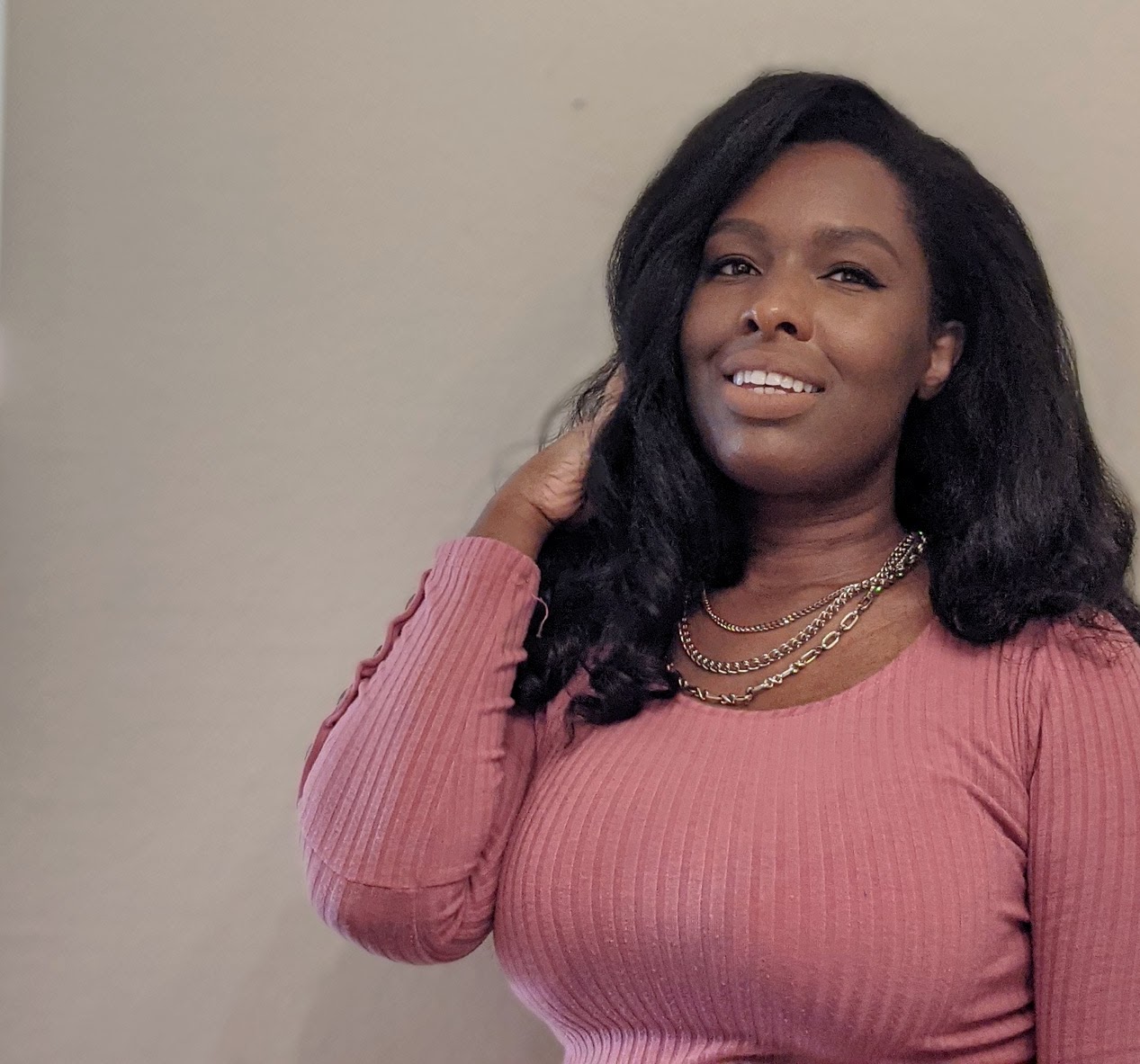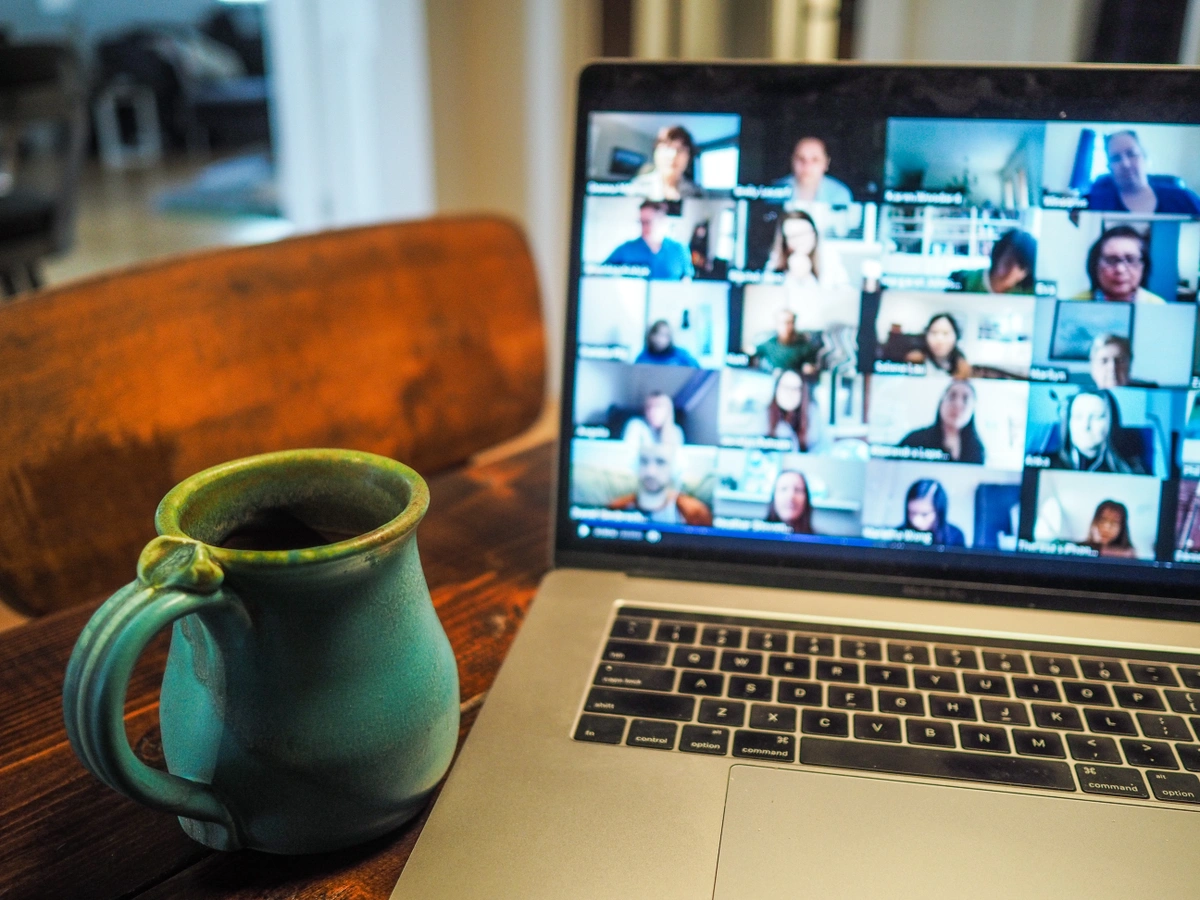The BIPOC Guide to Disrupting Research Barriers: A Kindred kTalk Event
September 5th, 2023
The COVID-19 pandemic has bared the inadequacies of a one-size-fits-all approach in healthcare and research, especially concerning BIPOC communities. As a Black woman with long COVID who collaborates directly with multiple research teams across various fields, the pressing need to make healthcare and research spaces more accessible for communities of color is clear to me.
The pandemic has disproportionately impacted BIPOC communities due to systemic issues like pre-existing health conditions, socioeconomic factors, and deeply ingrained biases in healthcare systems. My journey with long COVID has been a series of medical obstacles and biases, a narrative that echoes across minority communities far and wide.
As I set on the road to recovery, I discovered disparities in access to care, representation of researchers of color, and a lack of actual research studies of BIPOC communities. The underrepresentation of minorities in medical research skews our understanding of diseases and their impact on various racial and ethnic groups. It's not merely about including BIPOC individuals in research, but also communicating the importance of their participation in a way that resonates.
It must also be noted that we face more risks regarding medical care or visibility due to bias. A topic I delve deeper into on my blog, explaining that “any person of color less than perfect is at risk of losing everything including their life for having the audacity to critique any system in America.”
The path forward
How can we do better? First, acknowledging and understanding the cultural nuances of different communities is crucial. Messages should be crafted with an awareness of the specific norms, beliefs, and values that resonate with these communities.
Additionally, building trust is essential. Acknowledging how, when, and where trust has been broken in communities of color is critical. It’s also necessary to start collaborating with BIPOC community leaders and organizations to ensure the information shared is relevant, accessible, and coming from people who understand the issue.
Finally, inclusive language and featuring diverse voices can create a sense of belonging and make the information more relatable. Tailoring language is about the science of language and how specific words, phrases, and narratives can elicit varying psychological and emotional responses from different communities.
Equity for all
Tailoring communication isn't about segregating or dividing communities—it's about ensuring everyone has equitable access to vital information, healthcare, and research opportunities regardless of background.
In a society that often centers on Eurocentric perspectives, it's crucial to acknowledge our differences and leverage them as strengths. Doing so will pave the way for a more inclusive, compassionate, and adequate healthcare and research ecosystem.
Please join me and fellow long COVID advocate Liza Fisher on Thursday, September 14 at 5 p.m. for "The BIPOC Guide to Disrupting Research Barriers," a special Kindred kTalk event. This event will also feature a BIPOC researcher who will share actionable insights on breaking down barriers in healthcare. All are welcome to engage in meaningful dialogue, participate in Q&A, and learn how to be a part of the change.
Registration is required. Register here.

Cynthia Adinig
Cynthia spent the last several years as a marketing specialist for minority- and woman-led non-profits and on political campaigns. After developing long Covid in March 2020, she decided to become a long Covid advocate. A year into her recovery, she worked to help guide legislative language for the Covid 19 Long Haulers Act. She wrote a digital guide for medical care for Longhaulers of color. Cynthia is proud to join the Kindred team and help cultivate a much needed unique space for the long Covid community.


